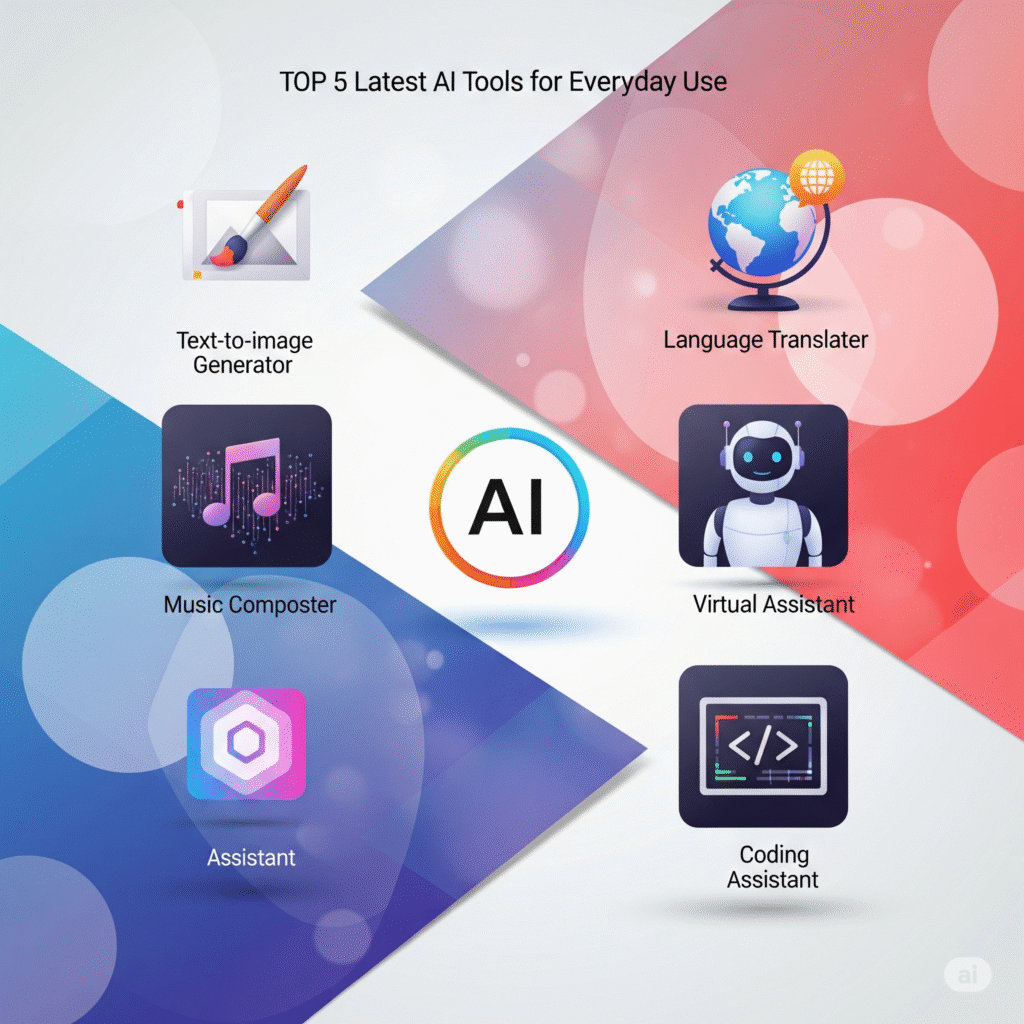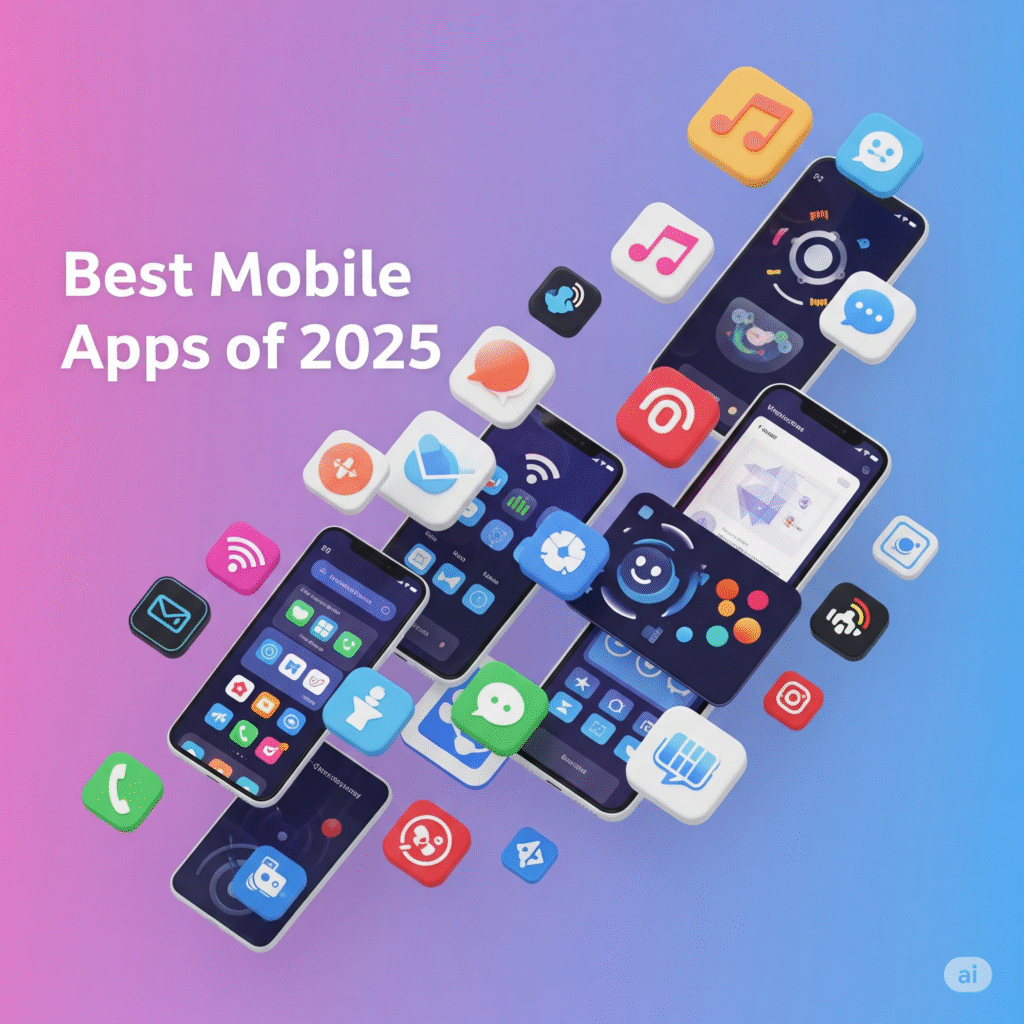AI Tools for Health Monitoring: Revolutionizing Patient Care
As technology continues to evolve, AI health apps are at the forefront of healthcare innovation. These applications utilize artificial intelligence to enhance patient monitoring and health management, providing individuals with personalized insights and recommendations. This article explores various AI health apps, their functionalities, and how they are transforming the way we approach health monitoring.
Understanding AI Health Apps
AI health apps are software solutions designed to analyze health data and provide actionable insights. They use machine learning algorithms to identify patterns and make predictions based on user inputs. These apps cater to various health needs, from fitness tracking to chronic disease management.
Key Features of AI Health Apps
- Data Analysis: AI health apps collect and analyze user data to provide personalized health recommendations.
- Real-time Monitoring: Many of these apps offer real-time tracking of vital signs, such as heart rate and blood pressure.
- Progress Tracking: Users can keep track of their health goals and monitor improvements over time.
- Automated Alerts: AI health apps can send notifications about abnormal health metrics, prompting timely medical intervention.
The Benefits of Using AI Health Apps
The integration of AI into health monitoring offers numerous advantages for both patients and healthcare providers.
Enhanced Patient Engagement
AI health apps encourage users to take an active role in their health management. By providing instant feedback and recommendations, these apps empower individuals to make informed health decisions.
Improved Healthcare Outcomes
With the ability to analyze large datasets, AI health apps can identify trends and predict potential health issues before they become critical. This proactive approach can lead to better healthcare outcomes and reduce hospital visits.
Popular AI Health Apps Available Today
Several AI health apps have gained popularity due to their user-friendly interfaces and efficient functionalities.
MyFitnessPal
This app not only tracks diet and exercise but also utilizes AI to suggest meal plans based on dietary goals. Its vast database makes calorie counting easier for users.
Heartify
Heartify focuses on cardiovascular health, using AI algorithms to monitor heart rate and provide insights into cardiac health. This app is especially valuable for individuals with heart conditions.
The Future of AI Health Monitoring
As AI technology continues to advance, the future of health monitoring through AI health apps looks promising. Integration with wearable devices and increased data sharing among healthcare providers will further enhance the efficacy of these applications.
Integration with Wearable Technology
The collaboration of AI health apps with wearable technology, such as smartwatches, will enable continuous health monitoring. Wearables can collect real-time health data, which AI apps can analyze to provide immediate health insights.
Data Security and Privacy Considerations
As with any technology that processes personal data, ensuring user privacy and data security remains a critical concern. Healthcare providers and app developers must prioritize robust security measures to protect sensitive health information.
Conclusion
AI health apps are revolutionizing the way we monitor and manage our health. By embracing these technologies, individuals can achieve greater health awareness and proactive management of their well-being. As AI continues to evolve, so too will the capabilities of these apps, paving the way for a healthier future.
The Future of AI Health Apps in Chronic Disease Management
As chronic diseases continue to rise globally, AI health apps are emerging as powerful tools to help patients manage their conditions more effectively. These applications utilize machine learning algorithms to analyze patient data and provide personalized recommendations. For example, an AI health app designed for diabetes management can track blood glucose levels, dietary intake, and physical activity, ultimately allowing users to make informed decisions about their health.
Real-time Monitoring and Alerts
One of the critical features of AI health apps is their ability to offer real-time monitoring and alerts. Patients can receive instant notifications about their health metrics, which can prompt immediate action. This is particularly beneficial for individuals with conditions such as hypertension or heart disease, where fluctuations in vital signs can have serious consequences. By integrating wearables with AI health apps, users gain invaluable insights that can prevent complications and hospital visits.
The Role of AI in Preventative Health
Preventative health care is another important arena where AI health apps can make a significant difference. By leveraging predictive analytics, these applications can identify potential health risks before they become severe. Users can enter data about their lifestyle choices, family history, and biometric metrics, allowing the app to assess the likelihood of developing certain conditions. This proactive approach empowers users to adopt healthier behaviors and seek medical advice early, thus enhancing their overall well-being.
Personalized Health Plans
Personalization is at the core of AI health apps. These tools can analyze vast amounts of individual health data to create tailored health plans that meet users’ specific needs. Rather than relying on generic guidelines, these personalized plans take into account factors such as age, gender, and existing health issues, ensuring that recommendations are relevant and actionable. By following a customized health plan formulated by an AI health app, users can enhance their chances of achieving better health outcomes.
Building Trust in AI Health Apps
Despite the many benefits, the adoption of AI health apps largely depends on trust. Users need to feel confident that these tools are secure and that their personal data is kept private. Health app developers must prioritize transparency, explain how data is used, and implement robust security measures. Building this trust is crucial for widespread acceptance and successful integration into patients’ daily lives.


